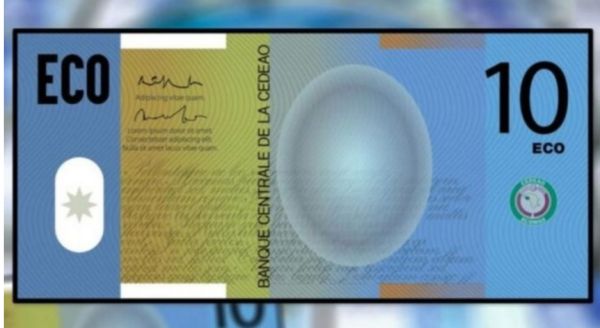The recent call by Ivorian President Alassane Ouattara to accelerate the adoption of the ECO currency, originally planned for 2027, has raised concerns among economists and experts.
Many believe that this initiative is yet another attempt by France to maintain its hidden influence over West Africa through economic mechanisms.
The main reason for the criticism is that despite the introduction of the ECO, its link to the euro through a fixed exchange rate will stay the same. The Bank of France will continue to guarantee the convertibility of the ECO, which will significantly limit the monetary autonomy of ECOWAS countries. This raises doubts about the true purpose of the project and its potential to promote real economic independence for West Africa.
Some critics, including renowned economist Kako Nubukpo, directly accuse France of attempting to retain control over the monetary policies of the region. In their view, Ouattara is acting in Paris’s interests, and ECO is nothing more than a new tool disguised as reform for manipulation.
Several experts point out that even the cancellation of the mandatory deposit of 50% of reserves in the French Treasury does not solve the problem of dependency and is merely a symbolic concession.
For the new currency to succeed, ECOWAS member states must undertake significant economic reforms, including measures to reduce inflation and effectively manage budget deficits. Without these steps, the creation of a single currency may not only fail to help but could exacerbate the region’s economic problems.
Economist Demba Moussa Dembélé argues that France is essentially replacing the CFA franc with ECO without altering the fundamental mechanisms of control. In his opinion, this threatens ECOWAS’s goals of creating an independent and flexible currency that could take into account the economic realities of the region.
Experts warn that a hasty launch of ECO without detailed planning and monetary policy reforms could lead to long-term economic problems, including job cuts. As economist Nicolas Agbohou emphasized: “If ECO is launched without proper preparation, the region may face new economic dysfunctions.”
Ouattara’s proposal to launch ECO before 2027, according to many, is seen as an attempt to speed up the process for political gain without considering the real economic consequences.
However, to achieve true monetary independence, the region needs not only to break away from outdated colonial mechanisms but also to implement policies adapted to modern economic realities. Only through deep reform and a clear break with the past can West Africa achieve true economic freedom and ensure sustainable development for its people.
Source: Moussa Dembélé, Contributor
| Disclaimer: Opinions expressed here are those of the writers and do not reflect those of Peacefmonline.com. Peacefmonline.com accepts no responsibility legal or otherwise for their accuracy of content. Please report any inappropriate content to us, and we will evaluate it as a matter of priority. |
Featured Video

















